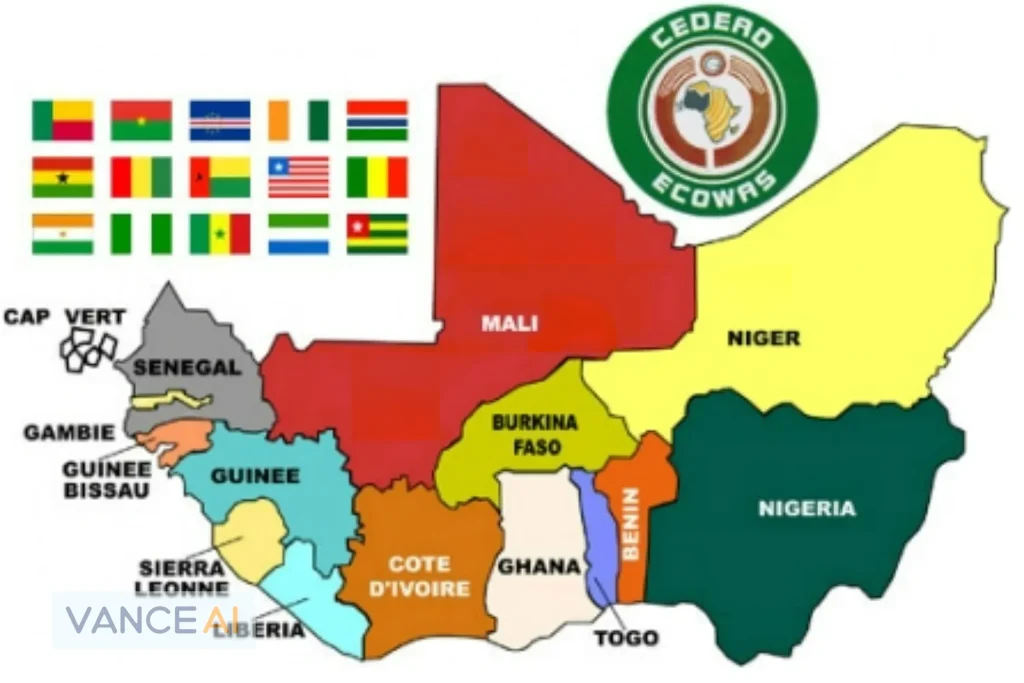The Economic Commission for Africa (ECA) has raised alarm over a growing debt crisis in Africa, with 40% of the continent’s countries either in debt distress or at high risk of it. This was disclosed during a meeting in Botswana, where policymakers and financial experts convened to discuss Africa’s economic challenges and solutions.
The ECA’s report highlights the escalating debt burden that has gripped many African nations, exacerbated by high borrowing costs, a strong U.S. dollar, and sluggish economic growth. The commission noted that the situation is particularly dire for low-income countries, where debt servicing consumes a significant portion of government revenues, leaving little room for essential investments in health, education, and infrastructure.
The meeting, attended by stakeholders from across the continent, emphasized the urgent need for reforms in the global financial system to address Africa’s debt challenges. Policymakers called for increased transparency in debt contracts, the development of robust domestic financial markets, and the restructuring of existing debts to ease the fiscal pressure on governments.
The ECA also highlighted the role of private creditors and international financial institutions, urging them to adopt more flexible approaches to debt relief and restructuring. Experts at the meeting proposed innovative financing mechanisms, such as green bonds and blended finance, to help African countries fund their development goals without accumulating unsustainable debt.
While the debt crisis poses a significant threat to Africa’s development, participants also underscored the importance of fiscal discipline and improved public financial management at the national level. Governments were urged to enhance revenue mobilization through tax reforms and to prioritize expenditures that promote long-term economic growth.
Despite the challenges, there was optimism about Africa’s potential to overcome its debt crisis. The ECA emphasized that with bold and coordinated policy actions, the continent could chart a path toward sustainable development while ensuring that debt remains manageable.























